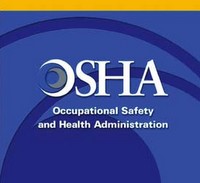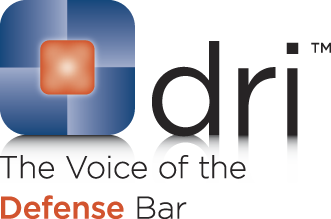 OSHA takes the safety, health and security of truck drivers seriously. In fact, drivers and other motor carrier employees are protected from retaliation for reporting certain on‑the‑job commercial motor vehicle safety, health or security concerns. These whistleblower protections were granted under the Surface Transportation Assistance Act, 49 U.S.C. Section 31105.
OSHA takes the safety, health and security of truck drivers seriously. In fact, drivers and other motor carrier employees are protected from retaliation for reporting certain on‑the‑job commercial motor vehicle safety, health or security concerns. These whistleblower protections were granted under the Surface Transportation Assistance Act, 49 U.S.C. Section 31105.
While whistleblower suits are rarely successful, they are very easy to make.
The law gives whistleblowers a number of incentives to claim whistleblower status. For example, whistleblowers can recover past pay and the motor carrier may be forced to reinstate them in their jobs. Often more costly, motor carriers can be forced to pay punitive damages. Adding insult to injury, the motor carrier can be forced to pay the whistleblower’s attorney’s fees and costs if the whistleblower’s claim is found to be meritorious. Understandably, there are plenty of self-serving people who are happy to encourage your employees to claim whistleblower status.
What then are management best practices to address the concerns of employees even before a retaliation complaint is filed?
- When an employee raises safety, health or security concerns, it pays to get the who, what, when, where, why and how regarding the concern.
- Document the concerns of the employee with these details.
- Investigate the reports made and reach written conclusions regarding what was found.
- Implement any changes to safety, health or security needed based upon the conclusions you have reached.
If you need advice regarding complaints of safety, health and security giving rise to whistleblower protections, please call Mills & Associates for a discussion on these issues. Mike Mills can be reached at 702/240-6060×114.
 Follow
Follow Email
Email


